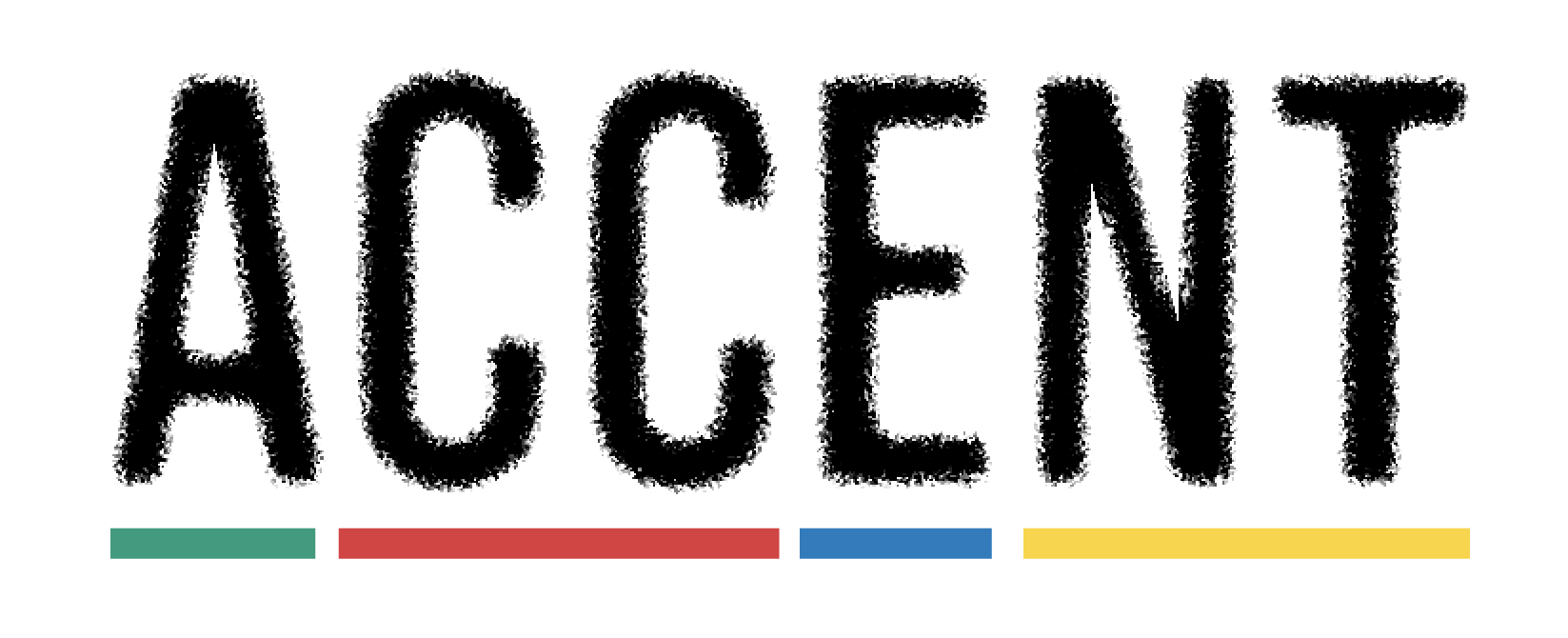Tag: #StudentNews
-
ACC Alumni Making a Mark in West Texas
Sarah Vasquez (right) interviews an ACC student for ACCENT while on campus when she attended the school in 2009. Photo taken by Karissa Rodriguez
-
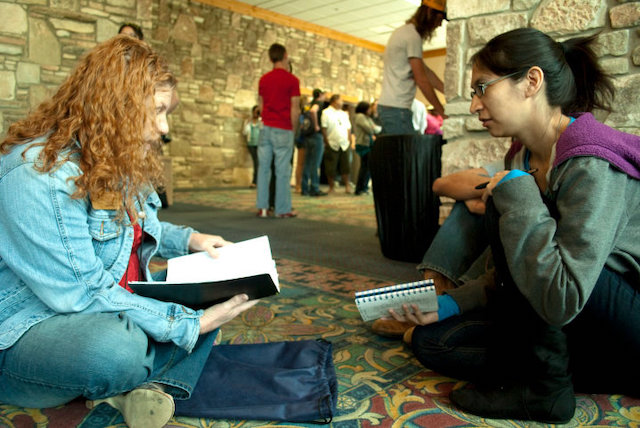
ACC Alumni Making a Mark in West Texas
Sarah Vasquez (right) interviews an ACC student for ACCENT while on campus when she attended the school in 2009. Photo taken by Karissa Rodriguez
-

Pride Month: Legislative Edition
By: Kyrios LoNigro This year is seemingly the worst on record for LGBT+ equality. More than 250 anti-LGBT+ bills have been introduced in state legislatures across the U.S. Texas is the leading state with 12 bills being proposed this legislative session, targeting transgender youth. One banning a type of school sports participation and, another, health…
-
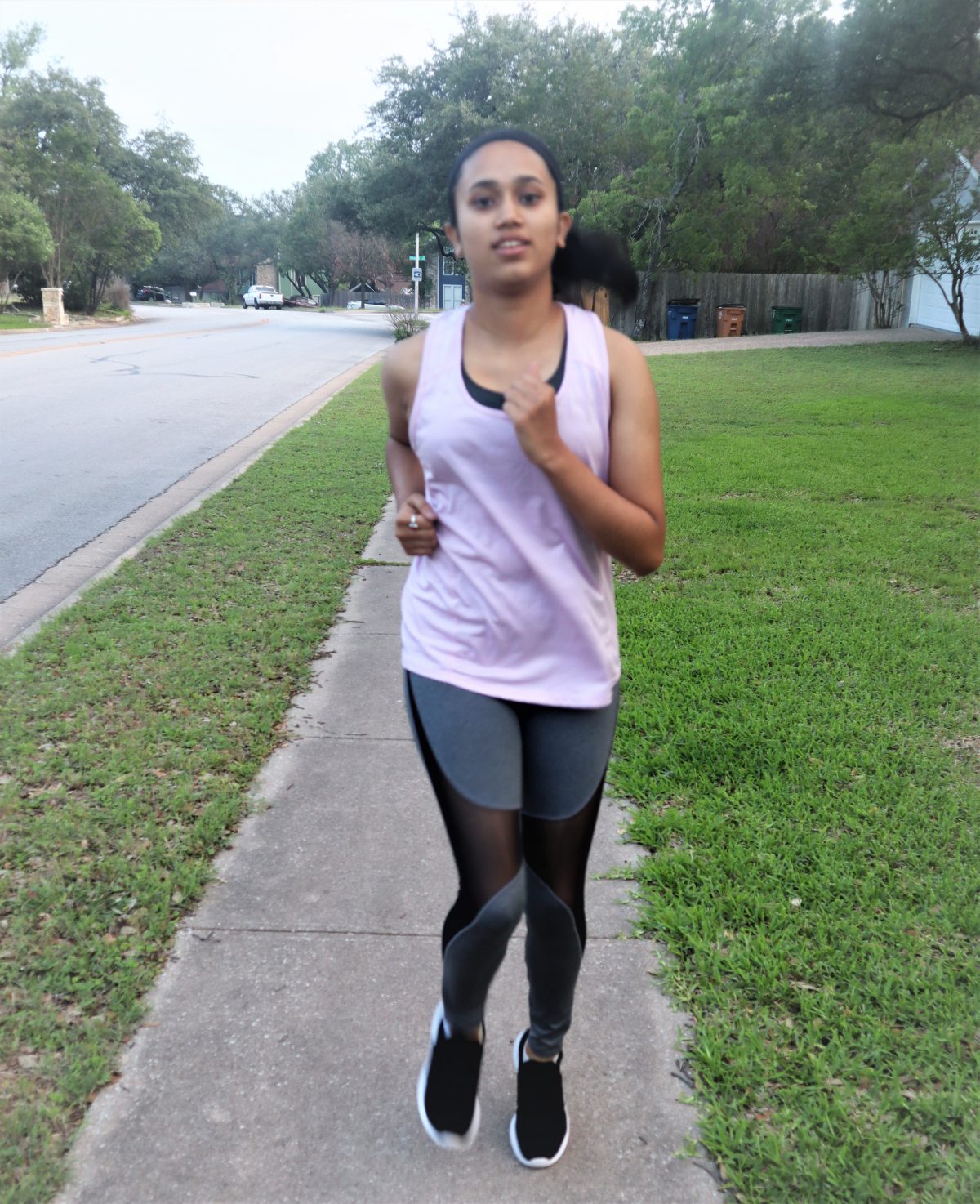
How Students Stay Active
Knowing that COVID-19 restrictions would push people towards the couch, Partin found a way to continue to inspire ACC students to work on their fitness.
-

ACCENT On Air E00
ACCENT is launching a new podcast, called ACCENT on Air. This weekly podcast is created to be a one-stop-shop for the essential information that students at Austin Community College need.
-
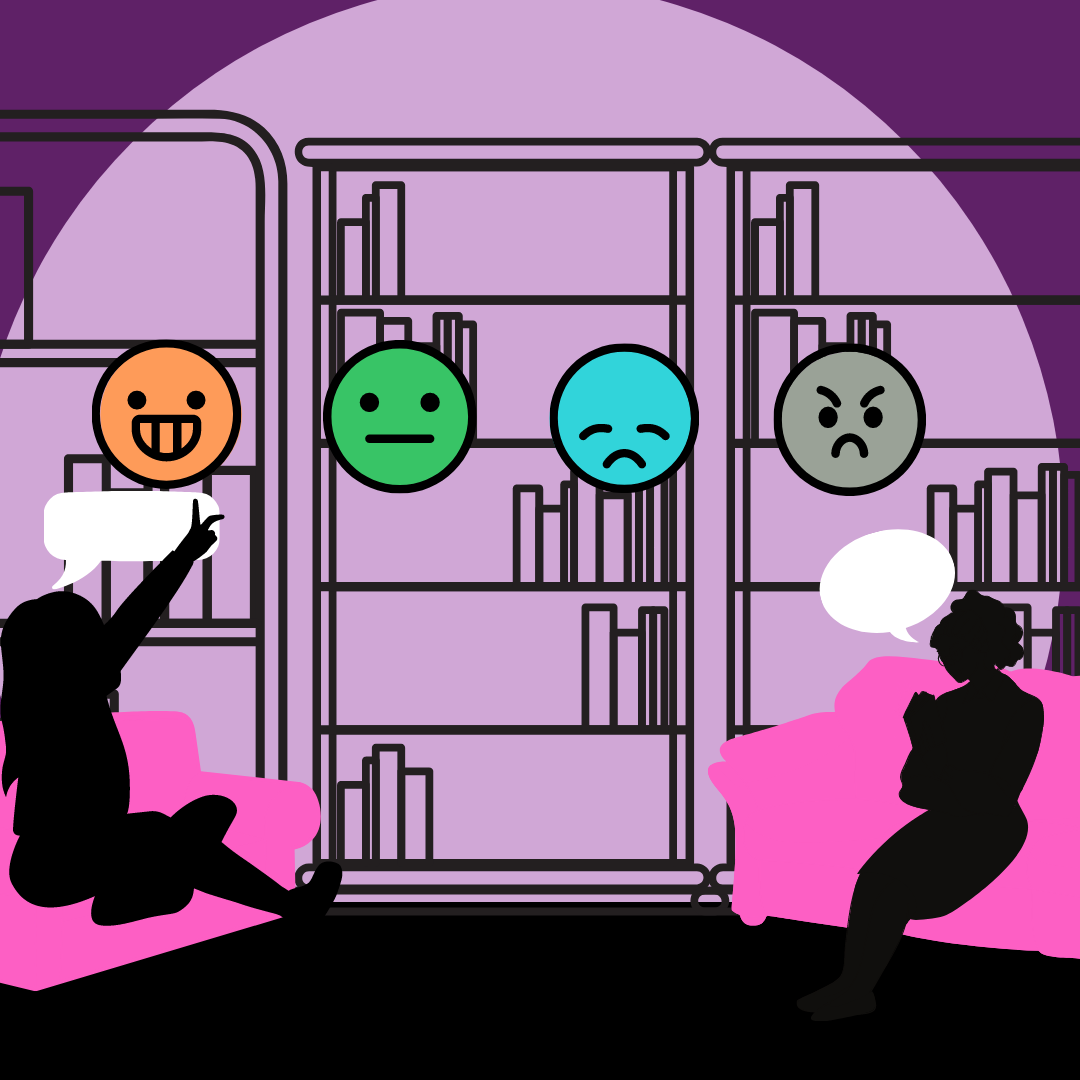
A Therapy Guide To Virtual Counseling
ACCENT spoke with Manuel Zamarripa, Associate Dean of Counseling, about ACC’s virtual mental health support services.
-

The Time I Realized I’m a Minority
According to the Austin Community College Fact Book, minority students make up over half the percentage of total students who were enrolled in the spring 2020 semester.
-

The LGBTQIA2+ Community: Our Pronouns, When and How To Use Them
The primary reason why the LGBTQIA2+ communtiy and pronouns matter is because it creates a positive impact on mental health, emotional well-being and quality of life for those a part or allied with the group.
-
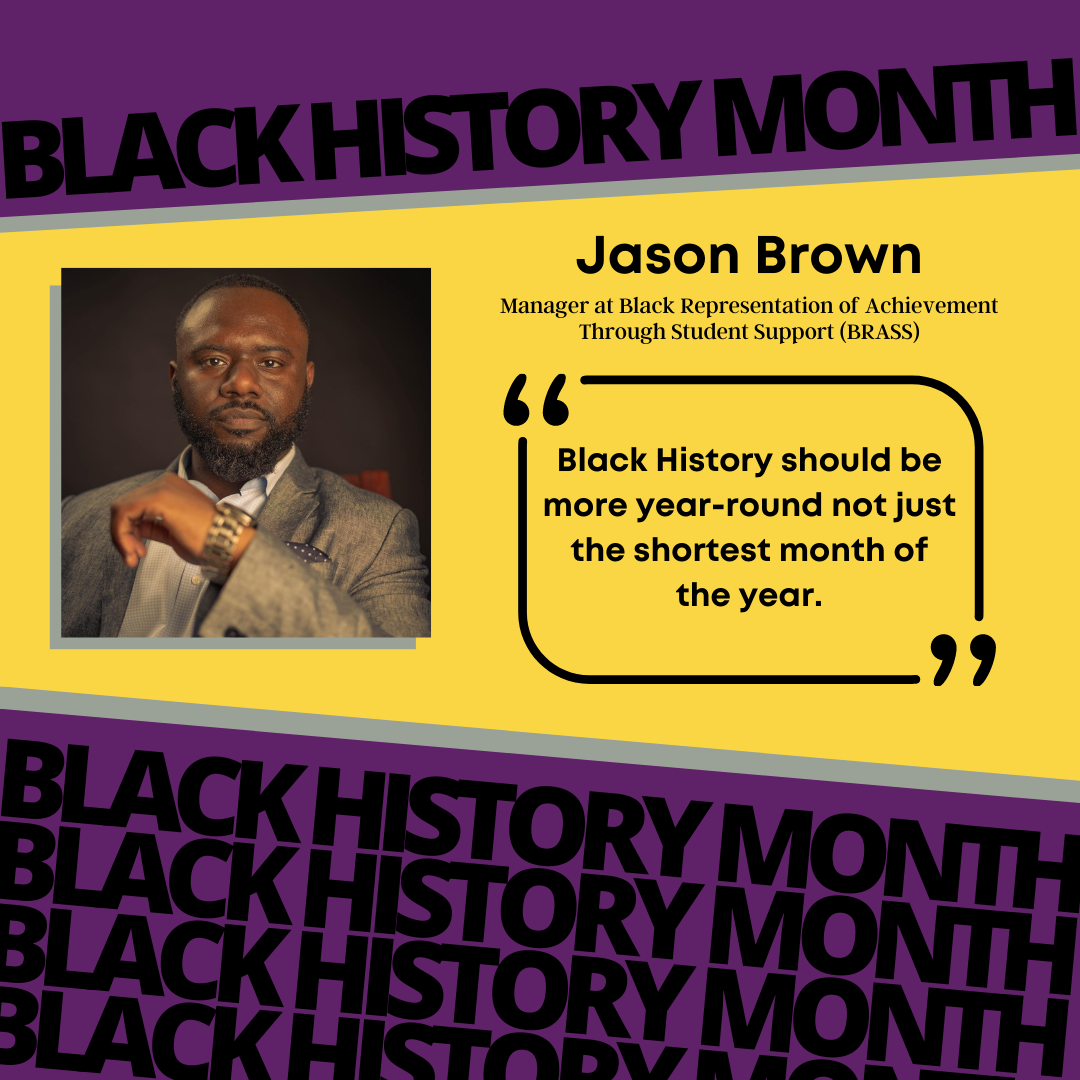
Empowering Black Communities Beyond One Month
ACC will be celebrating Black History Month and the importance of what it means to the College and Austin.
-

